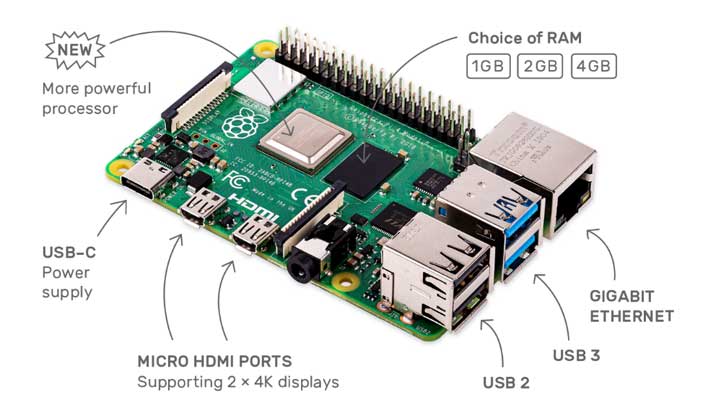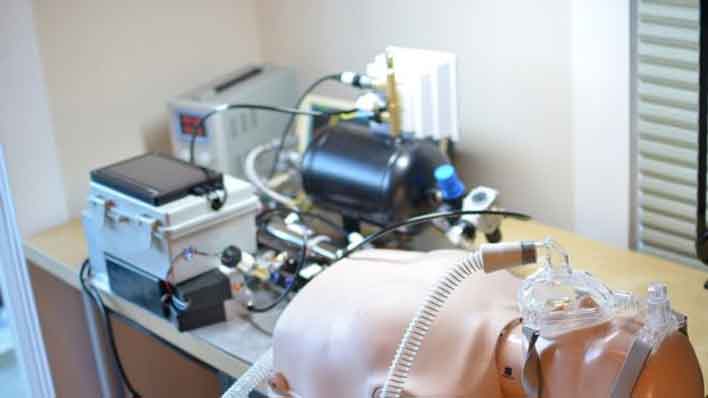Why Raspberry Pi Demand Is Surging In The Wake Of Coronavirus As Makers Boom
The Raspberry Pi is a very cheap developer board that can be used for many different types of electronics projects and has been around for years, advancing through multiple iterations. During the coronavirus outbreak, we've seen fun projects and lifesaving devices created using the cheap single-board computer. Sales of the Raspberry Pi have boomed during the coronavirus outbreak hitting 640,000 units in March.
That 640,000 units sold figure is the second-biggest month for sales of the Raspberry Pi since the device first hit the market. Some of the record number of Pi sales would have been made even if the coronavirus wasn't an issue, but many buyers are taking advantage of the cheap developer board. Eben Upton, the co-creator of the Raspberry Pi, told TechRepublic that some of the demand is coming from households that are facing a challenge with multiple people needing access to a computer.

Homes that don't have a computer for each person are now facing the challenge of parents working from home and kids trying to learn from home all the same time. Not all schools have a one-to-one ratio for laptops to kids, and not all businesses are providing computers for those being forced to work from home. Upton points out that it's no longer sustainable to have a single PC in many homes, and the Pi can provide additional machines for little money, which are able to handle basic computing tasks. Another significant trend with coronavirus is makers using the Raspberry Pi to help build and provide medical equipment needed to treat people suffering from coronavirus/COVID-19.
One Pi usage scenario that has picked up due to coronavirus is 3D printing. OctoPrint is a popular platform for managing 3D printers and runs on the Raspberry Pi. Medical professionals and other makers have been using 3D printers to produce critical components such as face shields, valves, and more that are in short supply during the pandemic. The Raspberry Pi is used by a team of designers in Columbia as the brain behind a ventilator to treat those with severe respiratory symptoms resulting from COVID-19. That ventilator is currently being fast-tracked through testing using mechanical lungs in the first test stage before moving to animal trials. The team hopes that the ventilator could be ready for human trials in May.

Not all uses for the Raspberry Pi during the coronavirus outbreak have been for medical products or critical lifesaving gear. We've also seen the developer board harnessed for fun projects. One such project was a Raspberry Pi-powered claw machine that let people fish for toilet paper, one of the items that have been hard to find in some locations during the outbreak. Fun projects like that are a critical way to help people deal with the stress resulting from changes in work, school, and their daily lives.

